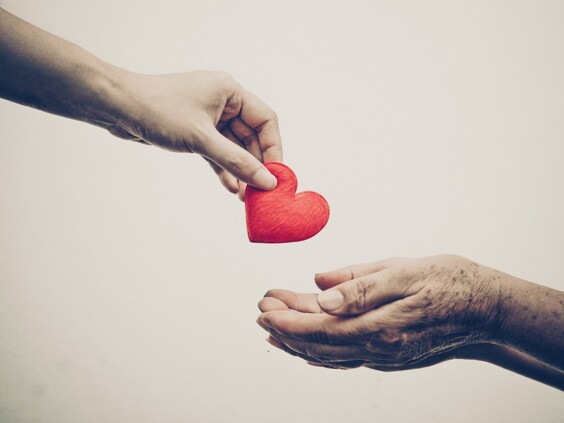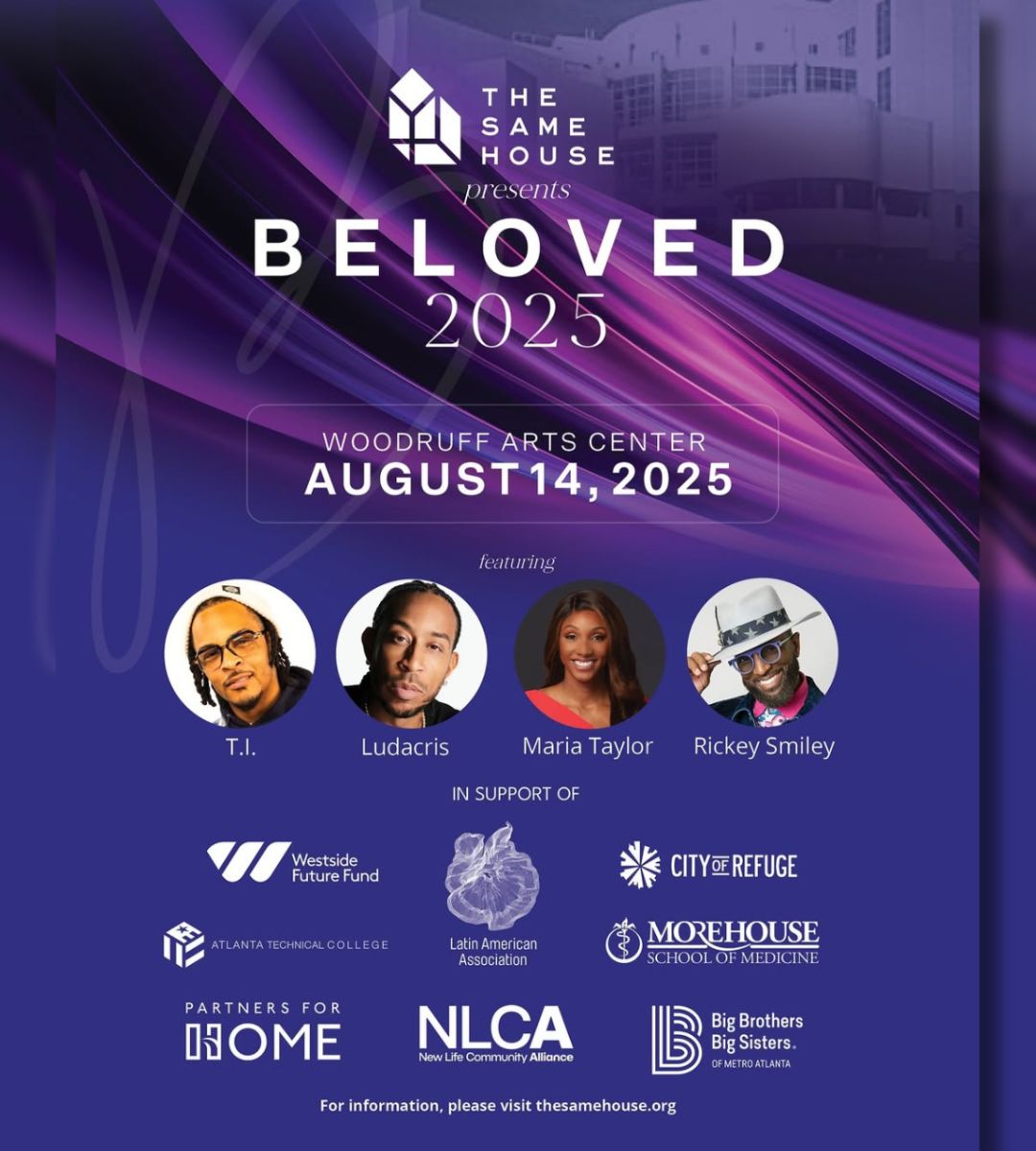Compassion Is Unconditional

By Rodney Bullard
CEO The Same House PBC | Former Senior Executive at Chick-fil-A / Global CSR, ESG and Marketing Leader | Best-Selling Author | Former AUSA | Former Air Force JAG l Corporate and Non-profit Board Director
Compassion is both a reason for and an ingredient in building bridges. If bridges are made on purpose and intention, then they must be done so carefully. No one wants to walk or drive across a hastily built bridge. Our collective hope is that the bridge was constructed thoughtfully and made healthy. Relationships are bridges. They must also be built thoughtfully and with care: disrespect, dismissiveness, thoughtlessness, bruised relationships, and tears at the connection. In many cases, Compassion is a moral compulsion – the “why” – to build bridges and urges us to help or heal.
However, in all cases, Compassion is a requisite for “how” we build bridges. Tyranny, neglect, and obtrusion are not enduring qualities of a leader. We all have experienced leaders who use these tools. Rarely do we respect these people, and even if we solve the problem, few of us would want to engage/serve with this person again in solving the next issue.
Often, we brush these off as negative character traits or as part of someone’s personality. Sometimes this is true, but lack of Compassion may also be a product of bias. This distorting lens of how we may view some types of people or situations creates the disparities within our society. The need to be correct or superior supersedes the power of listening and acceptance. British philosopher Isaiah Berlin puts it into context:
“Few things have done more harm than the belief on the part of individuals or groups (or tribes or states or nations or churches) that they or they are in sole possession of the truth, especially about how to live, what to be and do – that those who differ from them are not merely mistaken, but wicked or mad: and need restraining or suppressing. It is a terrible and dangerous arrogance to believe that you alone are right, have a magical eye which sees the truth, and that others cannot be right if they disagree.”
It is human nature to fear being wrong, but Compassion is unconditional. It is not something to be parlayed out to only those we find worthy, those who are mirror images of our beliefs, and those who represent us in race, religion, or status.
Hierarchies of power, superiority, dominance, and exclusion operate within a context of privilege. These are unearned advantages that someone has over another human being. Social groups create a foundation from where they operate and define “normal.” They judge others based on the deviations from this baseline definition. The privilege can manifest from class, education, gender, race, and religion. It exists when one group has something of value that is not available to others.
To heal our communities and approach bridge building from a position of strength, we must first put our privilege aside. We must reach down into our souls and truly accept that every human being is worthy of Compassion and love. It is not something to be doled out to those who are chosen or fit within our group. It is a human right within every community and across every nation to give and receive unconditional respect. We cannot build bridges spanning both sides until we put aside our differences and unite on our similarities.

